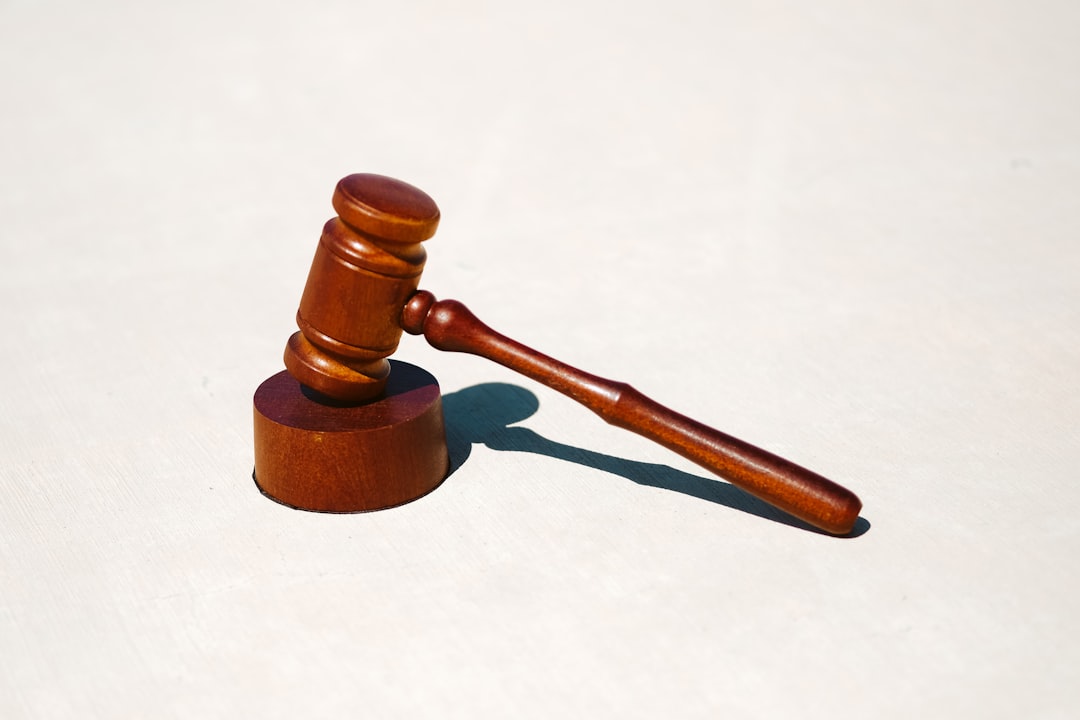In Connecticut, rape cases are governed by stringent legal frameworks designed to protect victims while ensuring due process. A Connecticut rape lawyer plays a pivotal role in defending individuals facing these serious allegations, navigating complex laws and public scrutiny. This article delves into Connecticut’s legal landscape for rape cases, explores strategic defense options, and examines the delicate balance between media exposure and preserving client privacy. Understanding these aspects is crucial for effective representation in such high-stakes matters.
Understanding Connecticut's Legal Framework for Rape Cases

In Connecticut, rape is classified as a serious felony offense, with strict legal definitions and penalties. The state has a robust legal framework for rape cases, focusing on protection and justice for victims. A Connecticut rape lawyer plays a pivotal role in navigating this complex system, defending the rights of their clients while ensuring a fair trial.
Understanding the elements that constitute rape under Connecticut law is crucial. These include non-consensual sexual intercourse or other forms of sexual penetration, with factors like lack of consent, force, threats, or coercion playing significant roles in the prosecution’s case. The state has also established laws to address various types of sexual assault, including incest and statutory rape, each carrying distinct legal implications. A skilled rape lawyer in Connecticut is well-versed in these nuances, providing a robust defense tailored to the specific circumstances of each case.
Building a Defense Strategy: Challenges and Potential Arguments

Defending against rape allegations presents unique challenges for any Connecticut rape lawyer. The first step in building a defense strategy is to thoroughly investigate the case, gathering all relevant evidence and statements from witnesses. This includes cross-examining accusers, challenging their credibility, and presenting alternative explanations for the events in question.
A skilled Connecticut rape lawyer will also explore potential legal arguments, such as consent, misidentification, or failure to preserve evidence. They may challenge the accuracy of any DNA or forensic evidence, question the reliability of memories, and point out procedural errors by law enforcement. The goal is to create reasonable doubt in the minds of the jurors, ultimately advocating for an acquittal or a reduced charge.
Navigating Media Scrutiny and Supporting the Client's Privacy

In the highly sensitive and public nature of rape cases, a Connecticut rape lawyer faces unique challenges in defending their client while navigating media scrutiny. As one of the most high-profile types of criminal allegations, media interest in such cases is intense, often leading to extensive coverage that can prejudice potential jurors before trial. This presents a delicate balancing act for legal counsel: ensuring their client’s privacy while also managing public perception and media access.
A strategic approach involves carefully controlled interactions with the press, limited statements, and robust legal arguments focused on debunking false narratives and presenting facts favorable to the defendant. The lawyer must advocate not only for their client’s innocence but also for their right to a fair trial in an environment that is often hostile and overly speculative. This delicate navigation requires tact, experience, and a deep understanding of both the legal process and media dynamics to protect the client’s privacy and ensure a just outcome.






